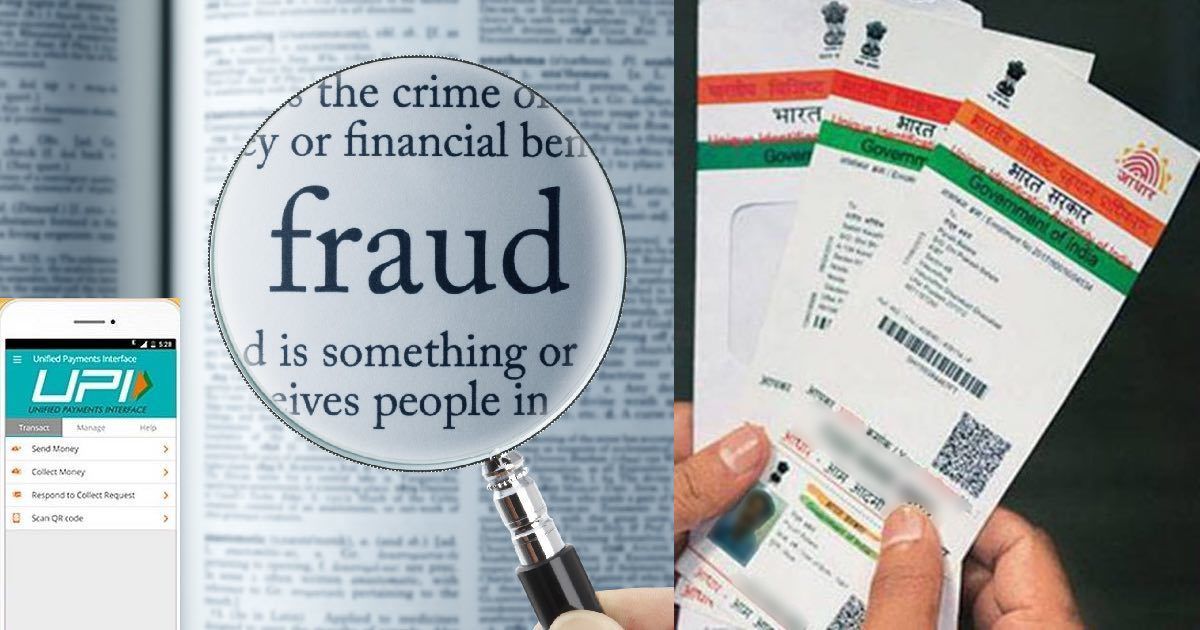New Delhi: The Supreme Court docket is more likely to pronounce its essential verdict on Wednesday on whether or not the Centre’s flagship Aadhaar scheme is obligatory.
A five-judge structure bench headed by Chief Justice Dipak Misra had on Might 10 reserved the decision on the matter after a marathon listening to that went on for 38 days, spanning four-and-half months. As many as 31 petitions, together with one by former Excessive Court docket choose Ok S Puttaswamy, have been filed.
When the judgment was reserved by the court docket, Lawyer Common KK Venugopal had instructed the bench that this matter had grow to be the “second longest” one by way of days of listening to after the historic Kesavananda Bharati case of 1973.

A key argument in opposition to the Aadhaar scheme was that it was violative of the nine-judge bench verdict that had held that Proper to Privateness is a elementary proper below the Structure. Right here’s a glance what how the case has spanned to this point:
When was the decision reserved?
By way of its order issued on Might 10, the five-judge bench of the Supreme Court docket reserved judgment on the matter.
What number of petitions have been clubbed?
On Might 10, a Structure Bench completed listening to arguments from the batch of 29 petitions (led by Ok.S. Puttuswamy v. Union of India) that had challenged the constitutional validity of the Aadhaar scheme on numerous grounds.
What was the crux of the arguments put forth?
The petitioners tried to make a case that Aadhaar violated the elemental proper to privateness assured below Article 21 of the Structure, triggered giant scale exclusion of supposed beneficiaries from numerous welfare schemes and advantages, and was irregularly launched in Parliament as a cash Invoice to avoid essential oppositions.
When did the ultimate listening to start?
Last listening to of the petitions started on January 17, 2018 and spanned throughout 38 days.
What’s the verdict anticipated to do?
When issued, the judgment will do one in all three issues:
1) Strike Aadhaar down as unconstitutional, forcing the federal government to dismantle the venture and roll-back each initiative taken in reference to it
2) Discover Aadhaar constitutionally sound, permitting the federal government to retain the venture in its present type and increase it going ahead
3) Arrive at a middle-ground, the place sure features of Aadhaar are struck down and others retained. As an example, Aadhaar could also be discovered constitutionally sound total, however particular features like necessary cellular/checking account linkages could also be disallowed.
